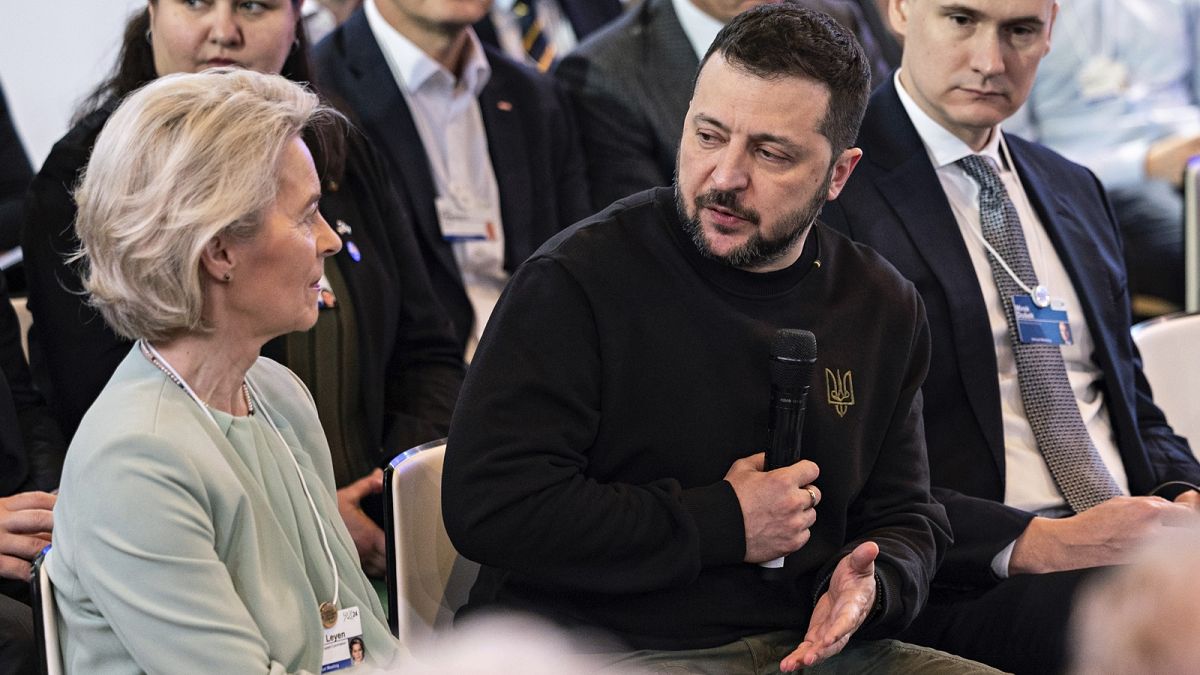

In a moment of civic activism, thousands of Ukrainians took to the streets in cities such as Kyiv, Lviv, Odesa, and Dnipro to express their concerns over a recently passed bill affecting the nation’s anti-corruption framework. This peaceful demonstration reflects a deeply engaged civil society voicing its anxiety over legislative changes perceived to undermine the independence of critical anti-corruption institutions. Despite the ongoing conflict within the region, such public gatherings underscore the resilience and democratic aspirations of the Ukrainian people.
At the heart of this unfolding dialogue is the President of Ukraine, Volodymyr Zelenskyy, whose decision to approve the contentious legislation has stirred both domestic and international concern. The law in question is seen as compromising the autonomy of essential bodies such as the National Anti-Corruption Bureau of Ukraine (NABU) and the Special Anti-Corruption Prosecutor’s Office (SAPO). The reforms introduced by this legislation are perceived by many as weakening the country’s stance in its battle against corruption, a significant roadblock to Ukraine’s broader goals of governance reform and European integration.
The gravity of this situation has not gone unnoticed beyond Ukraine’s borders. European Commission President Ursula von der Leyen has openly engaged with President Zelenskyy, seeking clarity on the nuances of the anti-corruption bill. The European Union’s vigilant stance reflects its commitment to fostering transparent governance, a cornerstone of its criteria for membership and partnership. This dialogue indicates the EU’s continued support for Ukraine, emphasizing the importance of upholding democratic principles even amidst challenging circumstances.
Public sentiment regarding corruption is not exclusive to Ukraine, as highlighted by a survey across the European Union. A significant portion of Europeans perceive corruption as widespread within their own nations, with only a fraction reporting corrupt activities. This broad perception signals the enduring challenge of corruption within public institutions and underscores the importance of maintaining strong, independent anti-corruption mechanisms.
Meanwhile, in Ukraine, the protests stand as a testament to the citizens’ vigilance and their unwavering commitment to democratic ideals. The demonstrators call upon their leaders to reconsider and revise the legislation to ensure it aligns with the country’s commitment to transparency and integrity. Activists involved in these protests highlight a shared belief that robust, independent anti-corruption bodies are crucial in safeguarding Ukraine’s democracy, particularly in times of turbulence and transformation.
The peaceful nature of the protests importantly demonstrates the population’s conviction in resolving issues through dialogue and engagement rather than conflict. This collective response invites reflection from policymakers on the paths to achieving sustainable governance reforms. It is a profound illustration of civic responsibility and solidarity, reinforcing that even in times of adversity, society can come together constructively to address pressing concerns.
As Ukraine navigates through its current challenges, the international community remains a watchful ally, advocating for transparency and accountability as pillars of democratic development. The unfolding events present not only challenges but also opportunities for growth and learning, offering lessons in balancing the delicate interplay of reform, governance, and public sentiment.
Source: {link}
